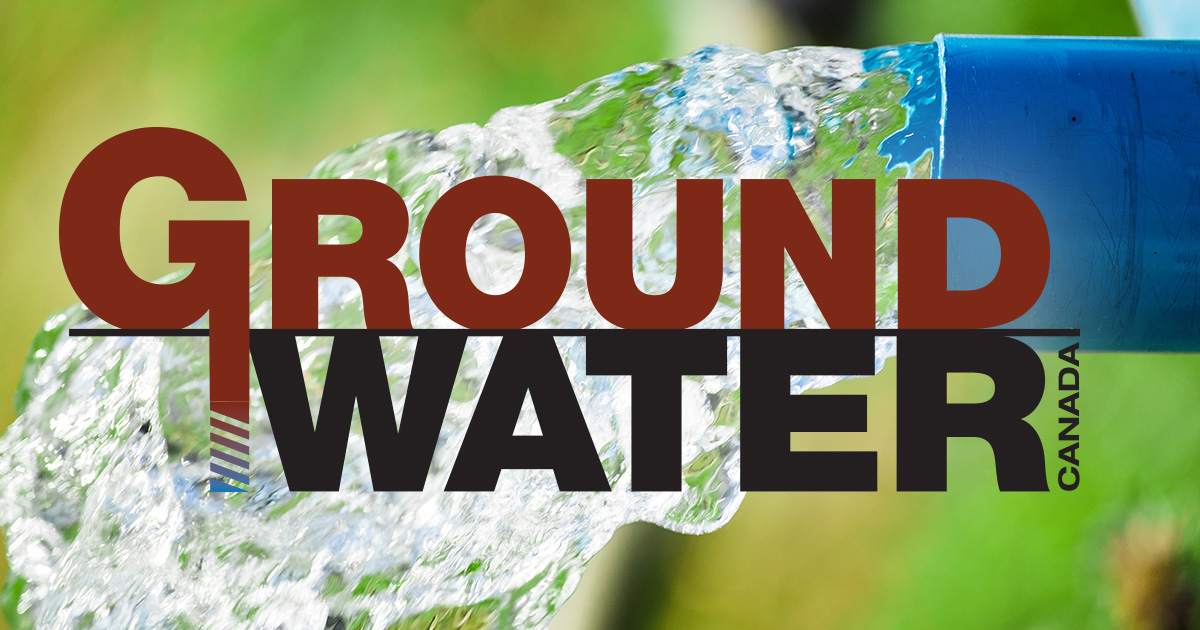
News
Contamination
Environment
Sustainability
Water Issues
Results of P.E.I.’s public consultation on water withdrawal give clear direction
February 3, 2020 By Ground Water Canada

Chartlottetown – Prince Edward Island residents want science and evidence-based research to inform public policy and to protect their drinking water, according to public water withdrawal regulation consultations.
The consultations were held in the fall 2019 to get input from the public about P.E.I.’s ground water.
“We appreciate the hundreds of Islanders and organizations who shared their thoughts and opinions on how we regulate water withdrawals here on Prince Edward Island, and we are incorporating their feedback as we work on drafting a second version of the water withdrawal regulations,” said Environment, Water and Climate Change Minister Brad Trivers in a news release.
In the consultation summary report, P.E.I. residents called for more independent science, fairness in water access among users, the ability for the minister to order drought contingency plans if necessary and the need to manage water resources at the watershed level. They also expressed concern about fish and wildlife conservation.
The draft regulations have been available for public comment since summer 2019. In the fall, four public consultation meetings were held across the province to gather public input and feedback on the draft regulations. The meetings were further supported by an online survey for those unable to attend in person.
As part of the interactive consultations, members of the public, industry and non-profit organizations were asked eight questions related to the processes laid out in the draft regulations. The feedback is being used to help assess any further amendments required to the draft regulations before bringing the Water Act into effect.
The report summarized public comment on eight questions:
- Approximately three quarters (77%) of participants agree that high capacity wells should have a more detailed assessment than low capacity wells.
- Half (50%) of participants disagree and over one third (38%) agree that high capacity wells should be prohibited for agriculture irrigation, however available for aquaculture, food processing and other industrial uses, golf courses and soccer fields, and heating and fire suppression.
- Approximately three quarters (77%) of participants agree with the proposed ministerial considerations for water withdrawal.
- Approximately two thirds (62%) of participants agree and approximately one fifth (21%) disagree with the following process for approval of low capacity wells: an online application, an application fee of $100, and a departmental assessment.
- Approximately two thirds (62%) of participants agree and one quarter (27%) disagree that multiple low capacity wells operating together such as those supplying holding ponds should be treated as high capacity wells.
- Over half (58%) of participants agree and approximately one quarter (27%) disagree with the proposed five-year renewal process when meeting environmental conditions.
- Close to half (46%) of participants agree and over one third (36%) disagree that the existing legally constructed multiple low capacity wells that supply holding ponds should be grandfathered in.
- Approximately half (52%) of participants agree and approximately one quarter (24%) disagree that there should be fees for permits for ground water.
The full summary report from the public consultations is available at On The Level.
Background
The Water Act was tabled during the fall 2017 sitting of the legislature and received Royal Assent on Dec. 20, 2017. It is expected to be brought into force 90 days after the final water withdrawal regulations are presented to the Standing Committee on Natural Resources and Environmental Sustainability. The water withdrawal regulations are one of four sets of regulations that need to be in place in order to implement the Water Act. The water withdrawal regulations will help the Province manage and track who is using what amounts of water. For the first time, permits will be required for those who use more than normal household levels.
Other regulations that must be in place to implement the Water Act include well construction regulations (consultations occurred in spring 2019); water supply and wastewater treatment regulations (consultations occurred in spring 2019); and sewage disposal systems regulations must be transferred from under the Environmental Protection Act to the Water Act.
Print this page